Seven Sacraments of the Episcopal Church

A sacrament is a rite in which God is uniquely active. Episcopalians believe a sacrament is “a visible sign of an invisible reality or inward grace” and it conveys divine grace, blessing, or sanctity upon the believer who participates in it.
The sacramental rites of the Episcopal Church include Confirmation, Ordination, Holy Matrimony, Reconciliation of a Penitent, and Unction (BCP, pp. 860-861). These rites are distinguished from the sacraments of Baptism and Eucharist, which were given by Christ and are understood to be necessary for the Christian life of all persons.
In 1521 Henry VIII was awarded the title “Defender of the Faith” by Pope Leo X in recognition of Henry’s treatise Assertio Septem Sacramentorum (Assertion of the Seven Sacraments) which defended the doctrine of the seven sacraments against Luther.
Sacraments Given By Christ Required by All Christians
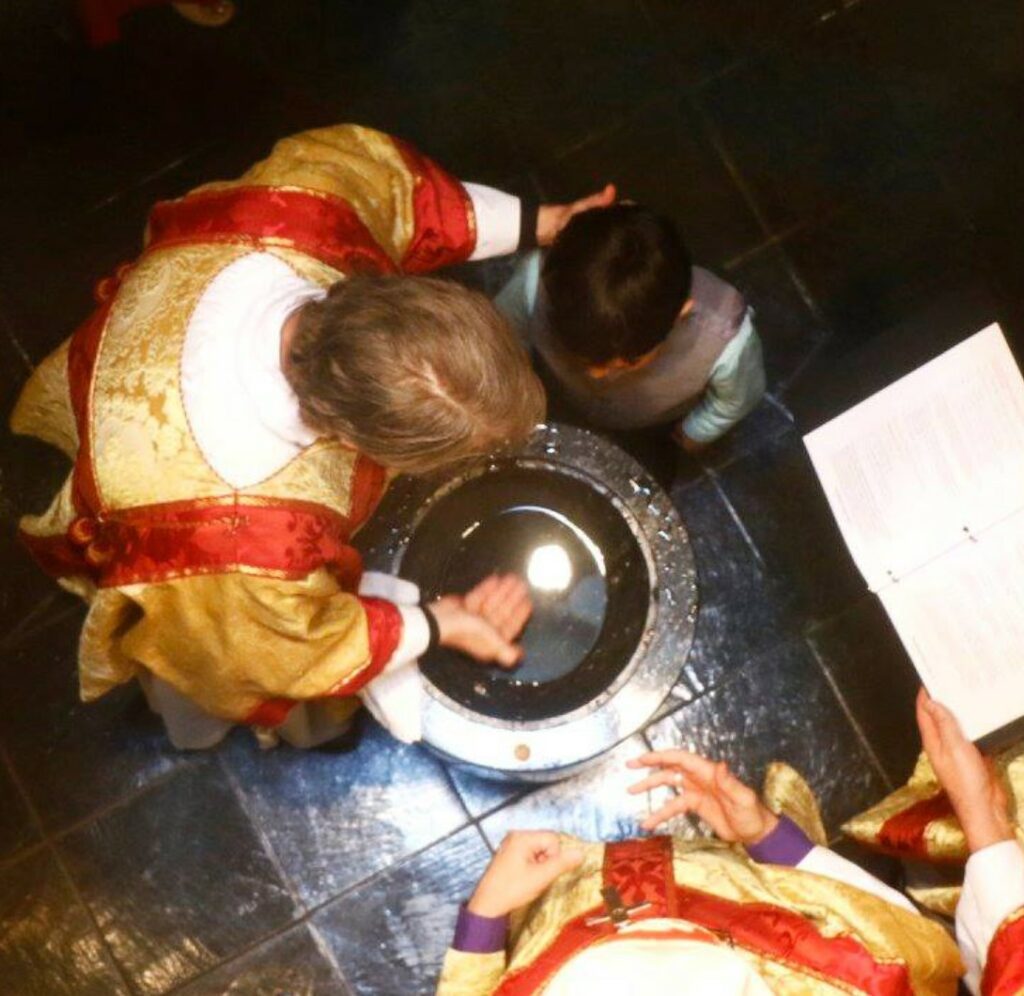
Baptism, which can be performed through pouring of water or immersion in it, is the full initiation by water and the Holy Spirit into Christ’s Body, the Church. The outward and visible sign is water, in which the person is baptized in the Name of the Father, and of the Son, and of the Holy Spirit; the inward and spiritual grace is union with Christ in his death and resurrection, birth into God’s family the Church, forgiveness of sins, and new life in the Holy Spirit.
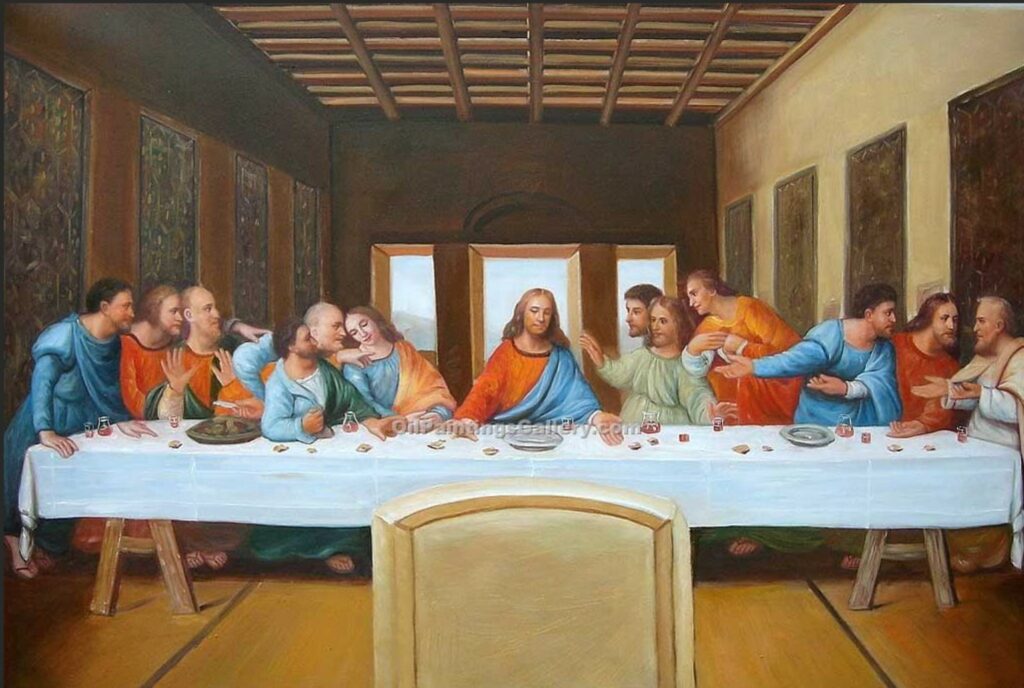
Eucharist, from the Greek word “thanksgiving,” is a sacrament that is considered the principal act of Christian worship. Jesus instituted the Eucharist “on the night when he was betrayed. At the Last Supper, he shared bread and wine with his disciples and identified the bread with his body and the wine with his blood of the new covenant. Christ’s sacrifice is made present by the Eucharist, and in it, we are united to his one self-offering. The Eucharist is also known as the Lord’s Supper, Holy Communion, the Divine Liturgy, the Mass, and the Great Offertory.
Other Holy Sacraments
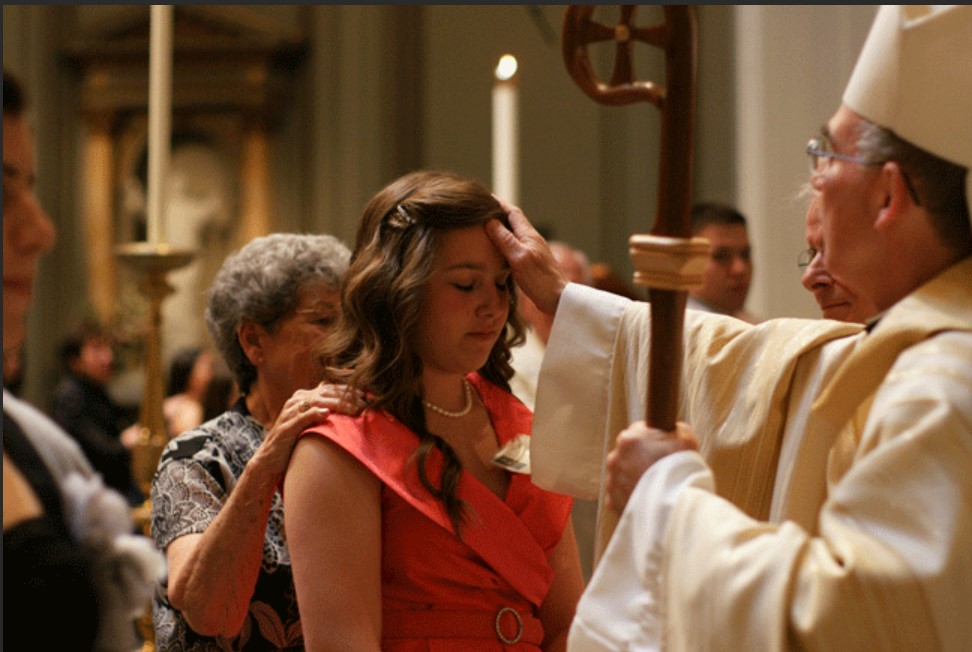
Confirmation is the sacramental rite in which the candidates “express a mature commitment to Christ and receive strength from the Holy Spirit through prayer and the laying on of hands by a bishop.” Those who were baptized at an early age and those baptized as adults without laying on of hands by a bishop are expected to make a mature public affirmation of their faith, recommit themselves to the responsibilities of their baptism, and receive laying on of hands by a bishop. Adults baptized with the laying on of hands by a bishop are considered to be confirmed.
The Episcopal Church’s theology of Confirmation has continued to evolve along with its understanding of baptism. Confirmation is no longer seen as the completion of Christian initiation, nor is Confirmation a prerequisite for receiving communion. Baptism is full initiation by water and the Holy Spirit into Christ’s body the church
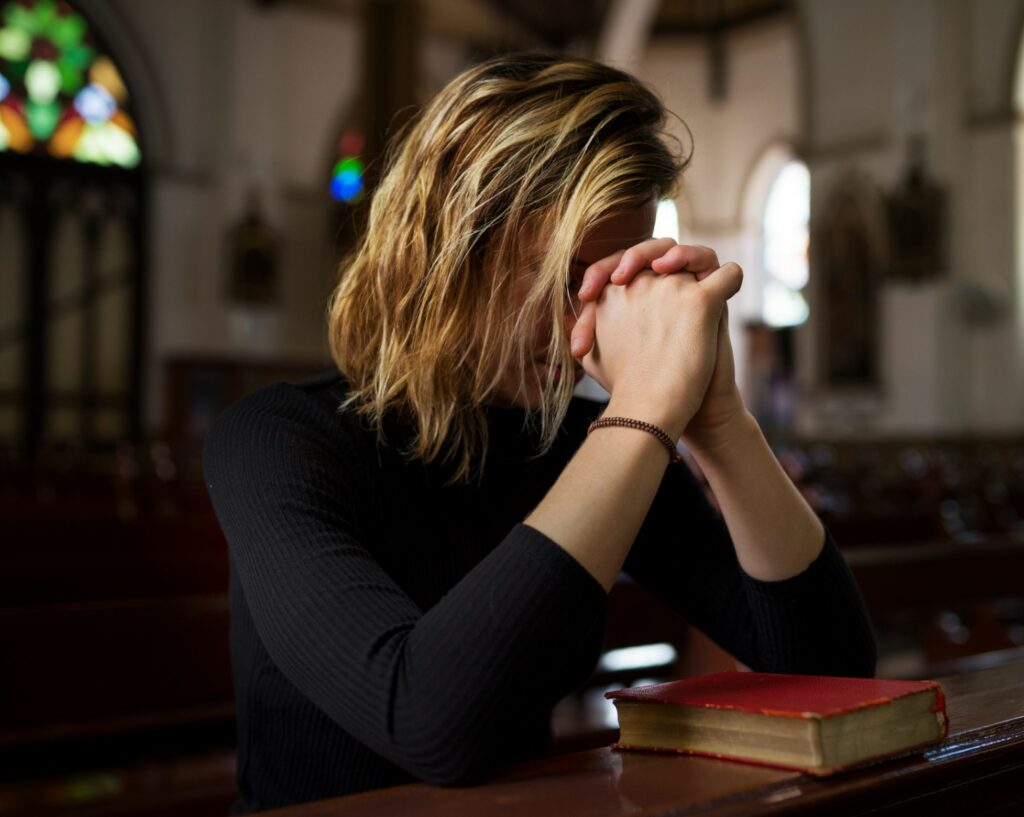
Reconciliation of a Penitent is a sacramental rite in which those who repent may confess their sins to God in the presence of a priest and receive the assurance of pardon and the grace of Absolution. Only a bishop or priest may pronounce Absolution. It is also called penance and Confession. The church’s ministry of reconciliation is from God, “who reconciled us to himself through Christ, and has given us the ministry of reconciliation” (2 Corinthians 5:18).
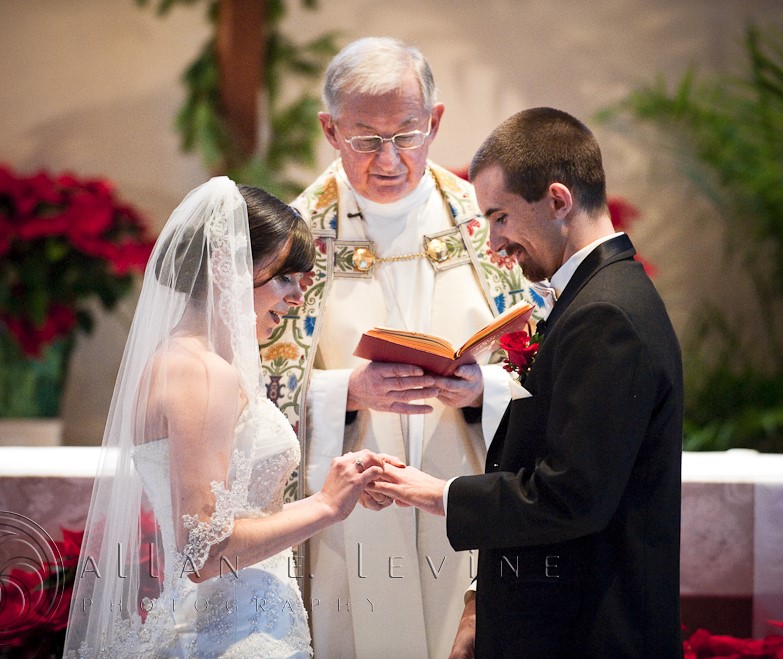
“Celebration and Blessing of a Marriage” is a solemn public covenant between two persons in the presence of God. A priest or bishop normally presides at the marriage. At least one of the pair must be a baptized Christian. Prior to the marriage, the couple sign a declaration of intention stating their commitment e to be a lifelong union in heart, body, and mind. The union is intended by God for their mutual joy, for help and comfort given one another in prosperity and adversity, and for the procreation (when it is God’s will) of children and their Christian nurture. Prior to the service, the Banns of Marriage may be posted to announce the upcoming marriage to ensure that there is no impediment to the marriage.
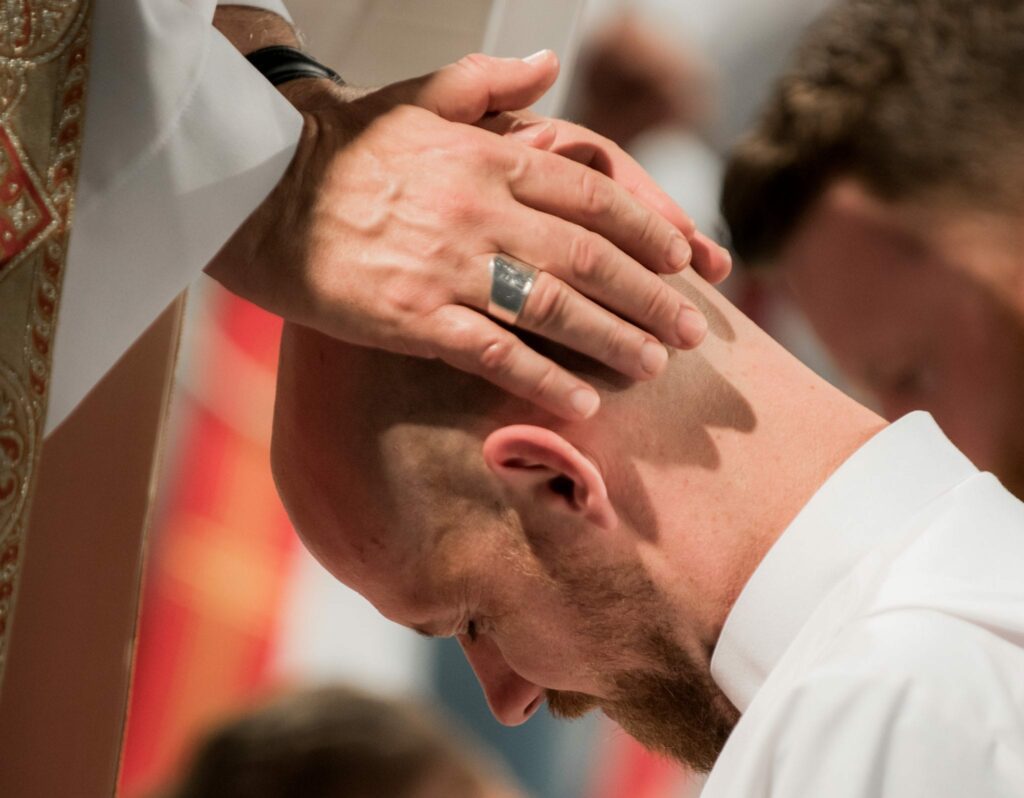
The Episcopal Church recognizes Holy Orders or ordination as a sacramental rite of the church by which God gives authority and the grace of the Holy Spirit through prayer and the laying on of hands by bishops to those being made bishops, priests, and deacons. The Episcopal ordination confers the fullness of the Sacrament of Holy Orders, making a man a bishop and conferring the office (duty, function) of sanctifying. It also confers the duties of teaching and ruling in communion with the head and members of the College of Bishops.
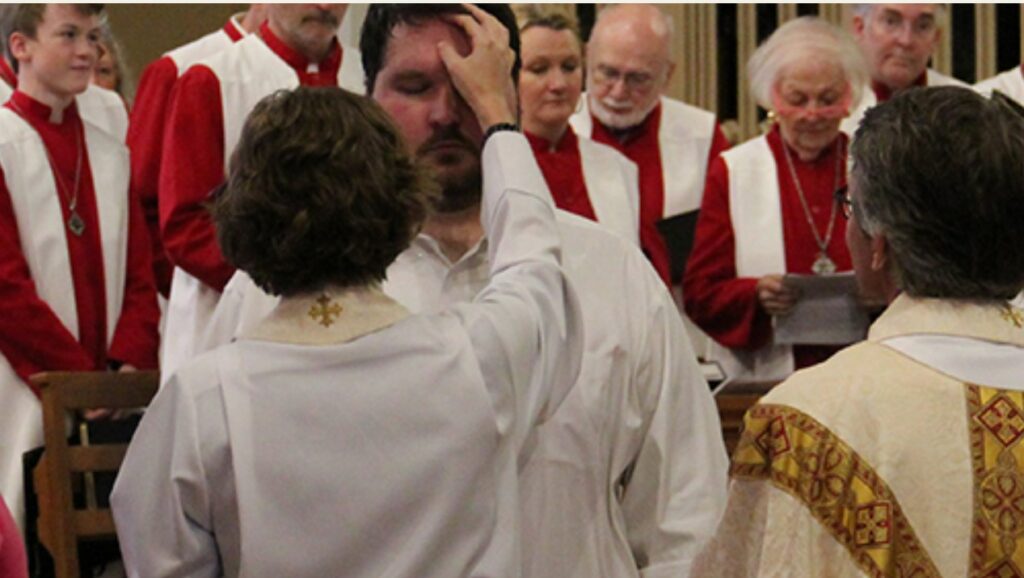
Holy Unction is the rite of anointing the sick with oil, and/or the laying on of hands, by which God’s grace is given for the healing of spirit, mind, and body. It consists of the laying on of hands and anointing with oil, while the form consists of prayers. In this sacrament, the priest acts as the purveyor of Christ’s grace. The sacrament wassometimes referred to as ‘Extreme Unction’ or ‘Last Rites.’ The Sacrament of the Anointing of the Sick was previously most commonly administered to the dying. Contrary to popular belief, Holy Unction is not a sacrament for those only who are at the point of death. In modern times, its use has been expanded to ALL who are gravely ill or are about to undergo a serious operation, and the Church stresses a secondary effect of the sacrament: to help a person recover their health. Like Confession and Holy Communion, to which it is closely linked, the Sacrament of the Anointing of the Sick can be repeated as often as is necessary. The sacrament should be administered as soon as anyone of the faithful begins to be ill, is in sickness, old age, or near the point of death.
